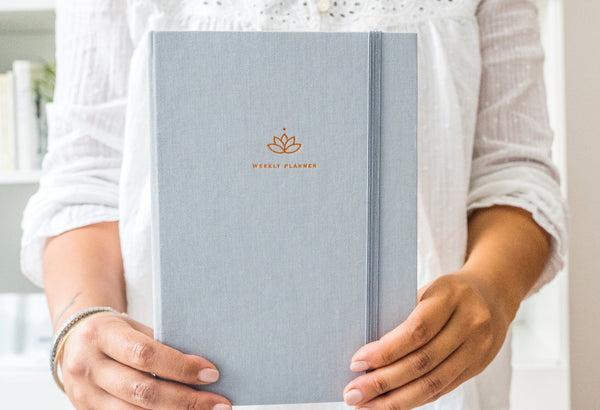The word gratitude seems to be trending these days. Everywhere you turn you might hear the word gratitude or mindfulness, or a combination of the two. Gratitude isn’t something new. It’s also pretty awesome that it’s a trendy word, as long as the meaning and purpose of it aren’t lost. I want to break down how gratitude can actually transform your life. You have to try it to believe it.
What is gratitude?
According to gratitude expert, Robert Emmons, gratitude is an affirmation of goodness. It’s recognizing that there is good in the world and that often, that goodness exists outside of ourselves. Gratitude is an emotion that we can feel and express. It means noticing, bringing an awareness, to all of the good things there are, how you have received and benefited from those good things, as well as recognizing that this goodness is a gift that you didn’t create yourself. Like the trees. The mountains. A neighbor mowing your lawn without asking. A friendly smile. Some sunshine on your skin after months of overcast skies.
How can gratitude transform your life?
Gratitude reduces the negative feelings you experience. Joy and grief, happiness and suffering, are opposite sides of the same coin. When you invite in gratitude and notice the things that bring you joy and uplift your spirits, you reduce the amount of suffering that you feel at that moment. Thich Nhat Hanh wrote a book called the Art of Suffering. The art of suffering gracefully is by actively acknowledging the things that you are grateful for and doing this consistently. We are all experiencing suffering. That’s what it means to be human. But practice gratitude makes that suffering a little less.
Gratitude improves relationships. When we express gratitude in relationships, whether romantic, friendships, or with our family, we are nurturing the bond of those connections. It’s easy to fall into a negative spiral where we express criticisms much more frequently than we express gratitude, so offering those simple words of authentic gratitude will go a long way. This is especially true during conflict. It’s easy to see the person you are in conflict with as the enemy. When that “enemy” is your partner, you can try bringing awareness to the things that you are grateful for and describe them. Maybe it’s the way they kiss your head or leave notes on the fridge or whatever it is. When we can find gratitude towards someone we care about, it encourages collaboration and empathy. Use our lined pages or bullet journal printables to record this!
Gratitude can help you feel more energized and productive. Do you dread going to work? Or do you love going to work? If you dread going to work, ask yourself why? Make a list of all of the pros and cons. If you can’t think of any cons, it might be worth considering looking for a better fit. But if you came up with some pros, maybe try and come up with a couple more pros, and then a couple more. Eventually, you may realize that you love your job. Maybe certain aspects were bothering you and it was difficult to see around them until you brought your awareness to the aspects of your job that you are grateful for.
Gratitude reduces stress. When we practice gratitude, we are in the present moment. We can practice gratitude by thinking or speaking what we are grateful for. Or we can feel gratitude deep within by feeling the warmth of the sun on your skin, the smell of rain or fresh air, the giggle of a child, the completion of a big project. Whatever it is, allow it to fill your mind. Sit with that feeling and hold onto it while you can. The longer you hold that feeling of gratitude, the easier it will be to hold it just a little bit longer each time.
Gratitude is such a simple way to shift your perspective.
Whether you are a naturally positive person or tend to swing more negative or anxiety-filled, gratitude has the power to elevate your experience to a more positive, happy, and peaceful place. Be sure to check out our Ponderlily planners to help you record your gratitude daily! Make it a habit with the right tools.




